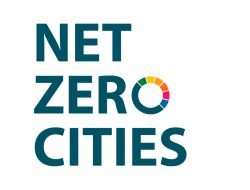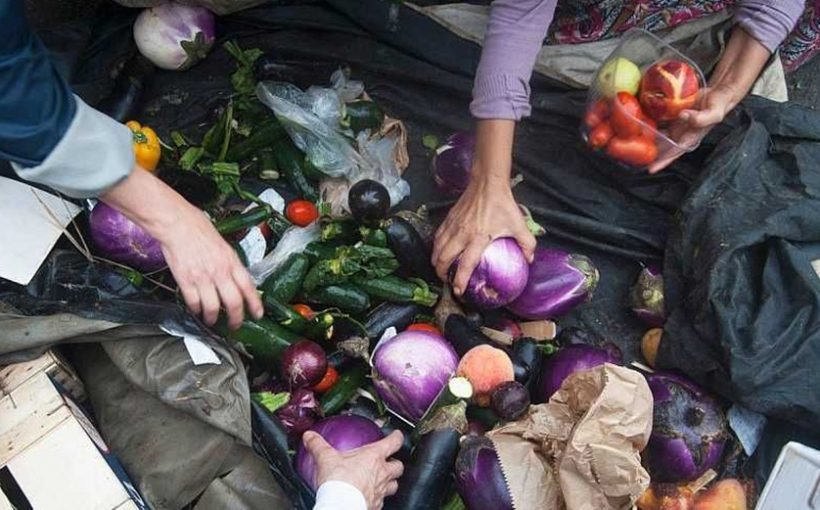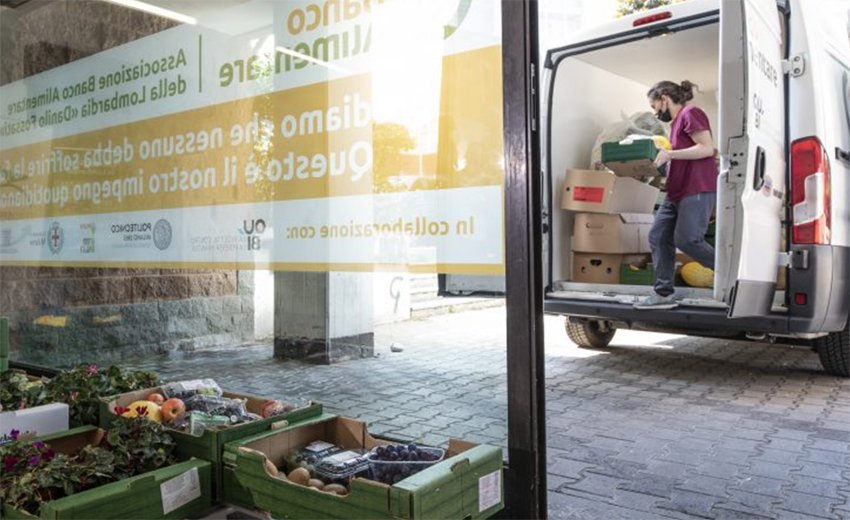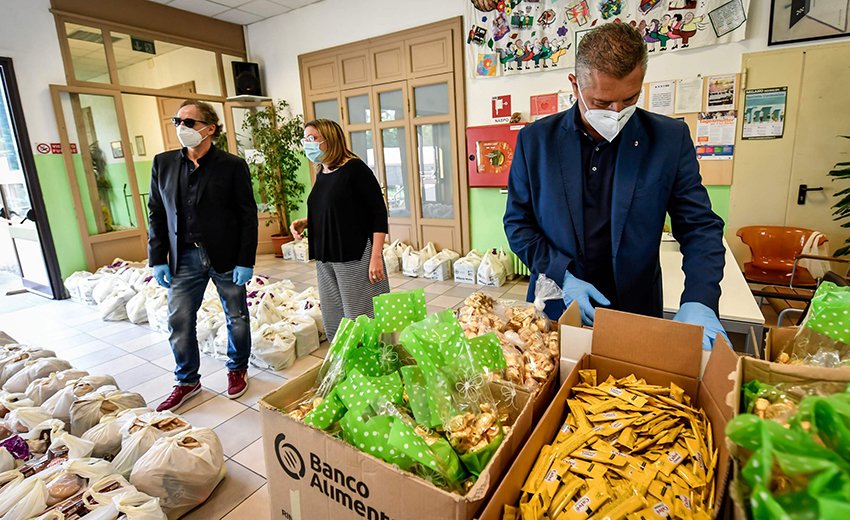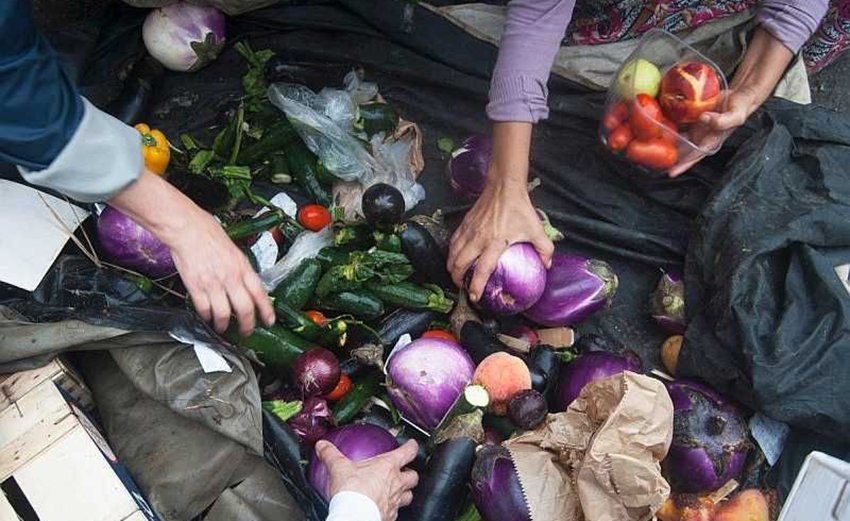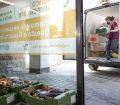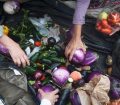The Gallaratese centre looks like any other Italian supermarket. But the products on the shelves of this space, owned by the City of Milan, have been donated by supermarket chains and private companies. Customers, who come to do their shopping, pay nothing.
Milan is the first major municipality to implement a city-wide food waste management policy, relying on the extensive cooperation of public bodies, food banks, charities, NGOs, universities, and private companies. Three similar spaces are currently open, and others should soon see the light of day.
Reducing food losses locally
The Politecnico di Milano management school carried out a feasibility study of the model and found that the city’s three food waste treatment centres each recover around 130 tonnes of food per year, or 350kg per day, which equals 260,000 meals.
The hyperlocal orientation has also been an important factor in Milan’s food policy: excess food should ideally be redistributed within the same neighbourhood, which reduces carbon emissions and maximises the freshness of food.
“The principle of recovering food and distributing it in the same area is a good model“, explains Andrea Segrè, professor of agricultural policy at the University of Bologna. “If you get food from one place and you have a charity about 20 miles away, you have to transport it, store it, and refrigerate it, which will cost more than the food itself. To be sustainable, we must act at the local level. It is a model of proximity.“
The Milan Urban Food Policy Pact is a global agreement signed by more than 200 cities like Ghent, São Paulo, Seoul, and Melbourne, all of which have committed to implementing similar hubs.
Tags: circular economy, food bank, food waste, Gallaratese Hub, Milan, urban food policy pact.


















